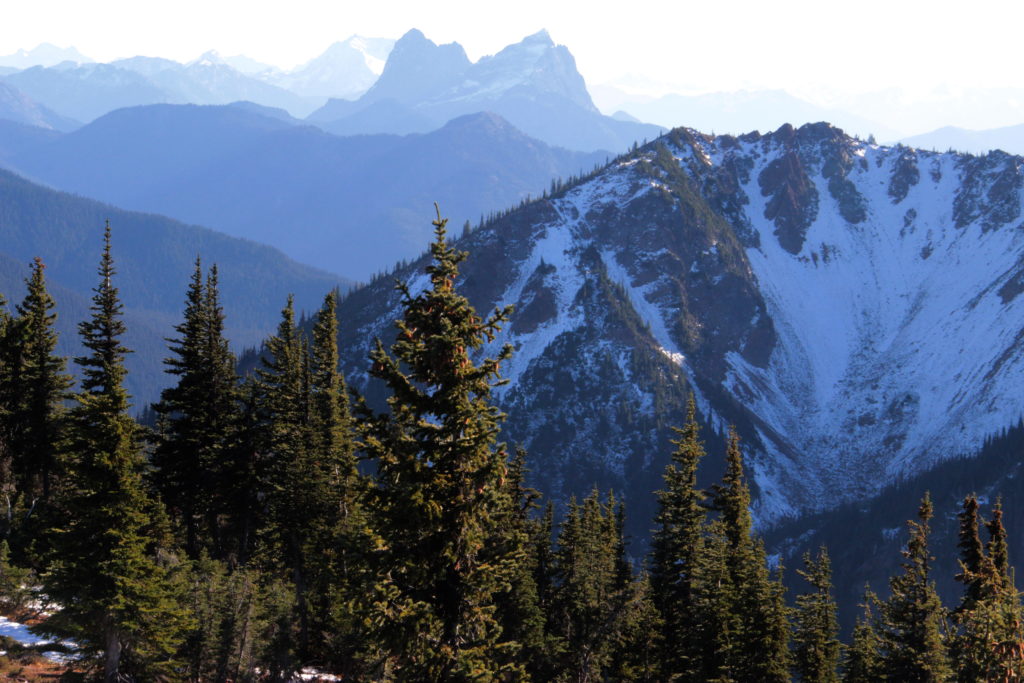For interview, contact:
Tori Ball, Terrestrial Campaigner, CPAWS-BC
604-685-7445 x24
Decision to Safeguard Silverdaisy Valley Welcomed by CPAWS-BC
December 4, 2019
Traditional territories of the Coast Salish peoples–Sḵwx̱wú7mesh (Squamish), and Səl̓ílwətaʔ/Selilwitulh (Tsleil-Waututh) and xʷməθkʷəy̓əm (Musqueam) Nations, Vancouver BC – The Canadian Parks and Wilderness Society – British Columbia (CPAWS-BC) welcomes today’s announcement from Minister George Heyman and Minister Doug Donaldson that the Silverdaisy Valley in southwest BC is now off-limits to commercial forestry. Alongside First Nations and tribes on both sides of the border, CPAWS-BC has been working in partnership with other conservation and recreation organizations to secure long-term protections for this high-value landscape that has long been of great conservation interest.
“Today’s announcement demonstrates tremendous leadership from the BC government to work towards nature protection in critical parts of the province,”says Tori Ball, Terrestrial Campaigner for CPAWS-BC. “We congratulate everyone involved for their persistent and collaborative efforts to find a resolution to the threat of logging in the rich and intact Silverdaisy Valley.”
Located in the upper reaches of the Skagit River Valley in BC, the Silverdaisy Valley is surrounded on all sides by two of BC’s most well known protected areas, E.C. Manning and Skagit Valley Provincial Parks. This area supports year-round recreational opportunities, as well as important habitat for rare and endangered Spotted Owls, and the most imperiled grizzly bear population in the province.
Since commercial forestry operations began in this area in 2015, there has been significant concern from environmental organizations, outdoor businesses and Indigenous rights holders who have used this area as a traditional gathering place for millenia. Today’s announcement shows the government’s shared commitment to protecting the Skagit River Valley.
“Keeping this broader landscape intact is absolutely critical to maintaining the overall health of this world-class ecosystem in the long term,” says Ball. “These new protections from forestry are what’s most needed in this landscape right now, and we commend the government for working collaboratively with First Nations and stakeholders to get to this result.”
-30-
For interview, contact:
Tori Ball, Terrestrial Campaigner, CPAWS-BC
604-685-7445 x24

Canadian Parks and Wilderness Society – British Columbia (CPAWS-BC) is dedicated to the protection of public land and water, and ensuring our parks are managed to protect the nature within them. Our vision is to establish large, intact areas of wilderness on land and in the ocean that can nurture nature through climate change and support all life.